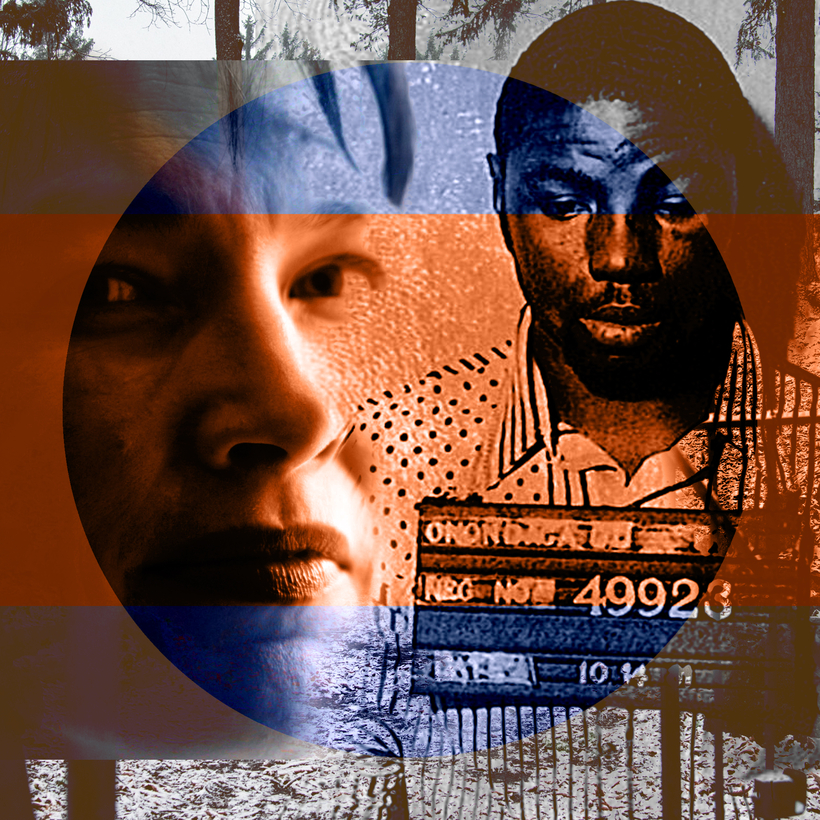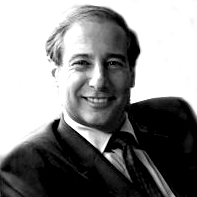What is the price of a man’s life? For the practical justices of the New York State Court of Claims, this is a conundrum that must be addressed, not with philosophical speculation but rather a grim mathematics. And this past week the New York attorney general, Letitia James, approved the monetary settlement that had been agreed upon by this court and the lawyers for Anthony Broadwater, who had been wrongly convicted in 1982 for the rape of Alice Sebold, the celebrated author of The Lovely Bones, when she was a college freshman.
Broadwater, now a hunched and graying 62-year-old, had been the wrong man, his colossal misfortune measured out in the 16 and a half years he spent trapped in the unremitting hell of maximum-security prisons, the additional 8 years while his life was constricted by the tight bands of his parole, and the 22 years he spent branded as a Level 2 sex offender.

And now, in recompense for its haughty, cavalier, and wrongheaded verdict, a tersely apologetic New York State has at last awarded Broadwater his carefully calculated due: $5.5 million. That is, in recompense for the rightful journey of his life being upended by a sham of a trial debased by Sebold’s erroneous eyewitness identification, a manipulative assistant district attorney, a police detective who played fast and loose with the truth, and junk forensic science, Broadwater received maybe—just maybe—a sufficient sum (minus his lawyers’ hard-earned third, and taxes) to buy a small two-bedroom apartment in Manhattan. But as he told me about a year ago, when the claim had been filed, he is yearning for something more bucolic. He hopes the state’s check—which will arrive within two months, according to press reports—will allow him and his wife to escape to a redbrick house in the country.

Still, this award is perhaps only the opening salvo in Broadwater’s attempt to obtain monetary redress. Broadwater’s attorneys have also filed a federal civil-rights lawsuit against Onondaga County, the city of Syracuse, and an assistant district attorney and a police officer who had assembled and prosecuted what has now been ruled to be a fallacious case against a bewildered Broadwater. Yet unlike the repentant state court, the cash-strapped local entities appear to be less willing to cut a large (or even a small) check for their sins. They are content to let the wheels of justice creak slowly forward, perhaps in the snide belief that time is on their side, especially when the plaintiff is a frail 62-year-old who walks with a cane.
Nevertheless, the settlement award this week has brought the glitter of a Hollywood ending to the saga that is Anthony Broadwater’s unpredictable life. Against all odds, two crusading lawyers, Dave Hammond and Melissa Swartz, had marched into a Syracuse courtroom in November 2021 and succeeded in getting the judge to overturn his rape conviction. And now, millions.

Yet money is one thing, and pain is another—though both accrue with a compounding interest. For Broadwater is someone who admitted to me that he walks around always “expecting a meteor to fall on my head.” And for Alice Sebold, who had believed she’d found the will and the courage to write her way out of the despair that had enveloped her world in the lingering aftermath of her brutal teenage rape only to learn that her salvation—a best-selling memoir—had been purchased with counterfeit currency, her life, too, has been lived, I suspect, with a hollow ascendancy. For both victims, there will likely never be a single moment of real peace.
Howard Blum is the author of several books, including the Edgar Award–winning American Lightning: Terror, Mystery, the Birth of Hollywood, and the Crime of the Century. He is currently writing a book about the Idaho student murders for HarperCollins


